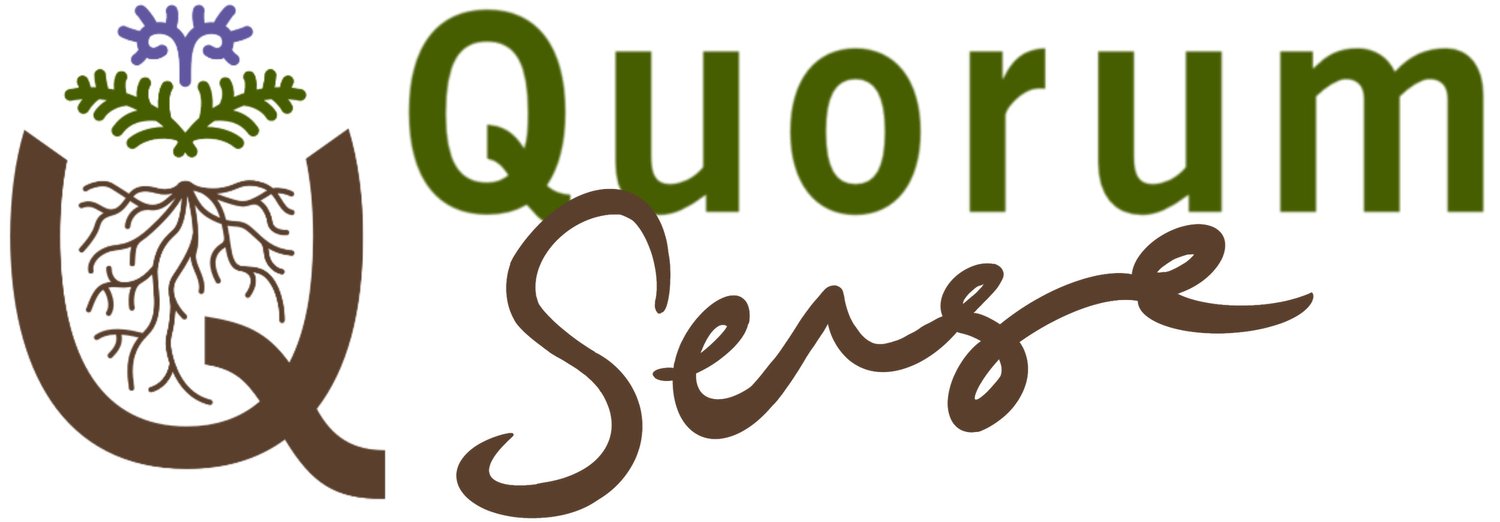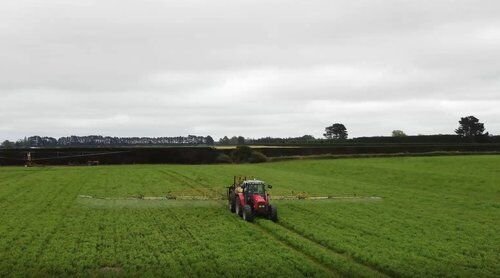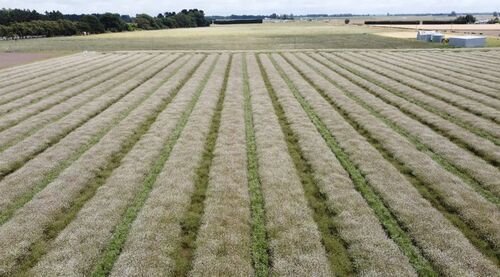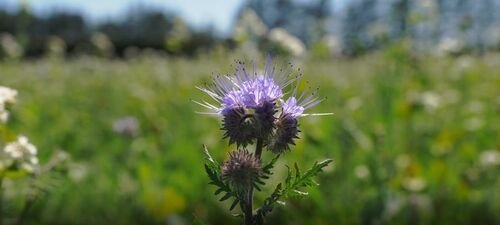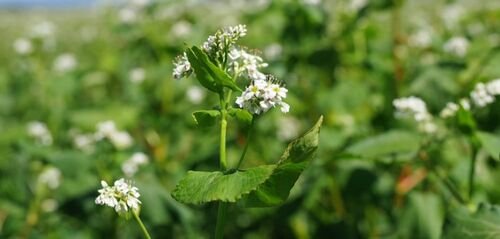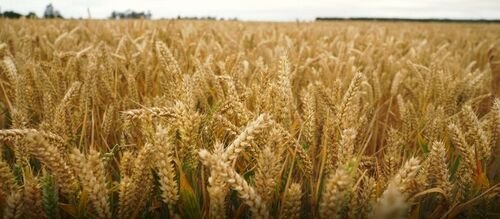Managing crop pests and diseases
Pest and disease management is complex. Successfully stepping outside conventional programs requires a lot of knowledge, experience and regular monitoring. Canterbury arable farmers David Birkett and Nigel Greenwood explain the systems and tools they have developed to significantly reduce the agri-chemical inputs in their farm systems.
Video description: David combines Integrated Pest Management (IPM) with specific biocontrols that help prevent or remedy fungal disease.
Video description: A focus on growing healthy plants means Nigel’s crops are now less prone to insect pests and he no longer needs insecticides.
More on managing pests and diseases
Reducing agri-chemical inputs
The graphs on below show that it is possible to significantly reduce agri-chemical inputs in cropping systems. However these outcomes take careful planning and management and are highly dependent on factors such as soil type, soil health, crop rotation, variety/genetics, cultural management practices, season and weather… (click each graph to view full screen).
David Birkett: The adoption of biocontrols
David is combining his long term focus on Integrated Pest Management (IPM) with his more recent adoption of biocontrols that help prevent or remedy fungal disease. He now uses biocontrols to help prevent disease from reaching levels where it starts impacting crop performance while keeping chemical solutions up his sleeve if needed. This has turned out be to a very cost effective approach as the biocontrols are cheaper than the chemicals.
David’s biocontrols:
In 2021 Quorum Sense and the Foundation for Arable Research partnered to host a workshop ‘Biological solutions for arable problems’. The full suite of presentation recordings are available: https://www.quorumsense.org.nz/watch-quorum-sense-events
Biocontrol trials:
David implemented a three year trial with biocontrols on his hybrid radish crops, with an IPM + biocontrol treatment compared with am IPM + chemical treatment. The first year there was no difference in yield, while years 2 and 3 the IPM + biocontrol treatment suffered a 20% yield reduction. However David points out that despite this yield penalty, the gross margins were still similar due to the cost savings with the biocontrols.
Nigel Greenwood: A strategy to eliminate insecticides
An unfortunate situation of organophosphate poisoning spurred Nigel on a path to reducing and eliminating agri-chemicals from his farm system. He managed to successfully drop insecticides years ago by using essential oils deter crop pests such as aphids. A focus on growing healthy plants means Nigel’s crops are now less prone to insect pests and he no longer needs the essential oils.
Nigel’s essential oils:
The peppermint oil brew was used as follows;
• 100 ml/ha of peppermint essential oil
• 100-200 L/ha of water – depending on paddock and equipment
• Can mix it with fish hydrolysate if an application is required
• Costs $7/ha which is comparable to commercial insecticide, cheaper than other biological options which are around $18
The grass grub control that Nigel developed has been commercialised in partnership with Bio Marinus and is now called GrubZero.
“When you drop the insecticides, you actually watch life come back to your farm. It is quite an amazing phenomenon – you don’t realise what you are killing and that life is actually very beneficial.”
Nigel Greenwood, Canterbury arable farmer
Related content on: pests & diseases, plant health
Disclaimer: The information, opinions and ideas presented in this content is for information purposes only and does not constitute professional advice. Any reliance on the content provided is done at your own risk. (click here to view full disclaimer).
